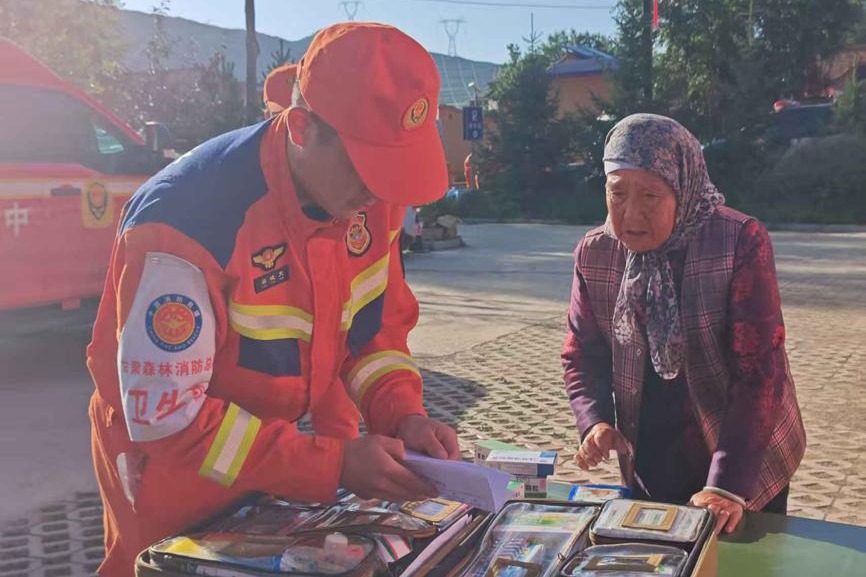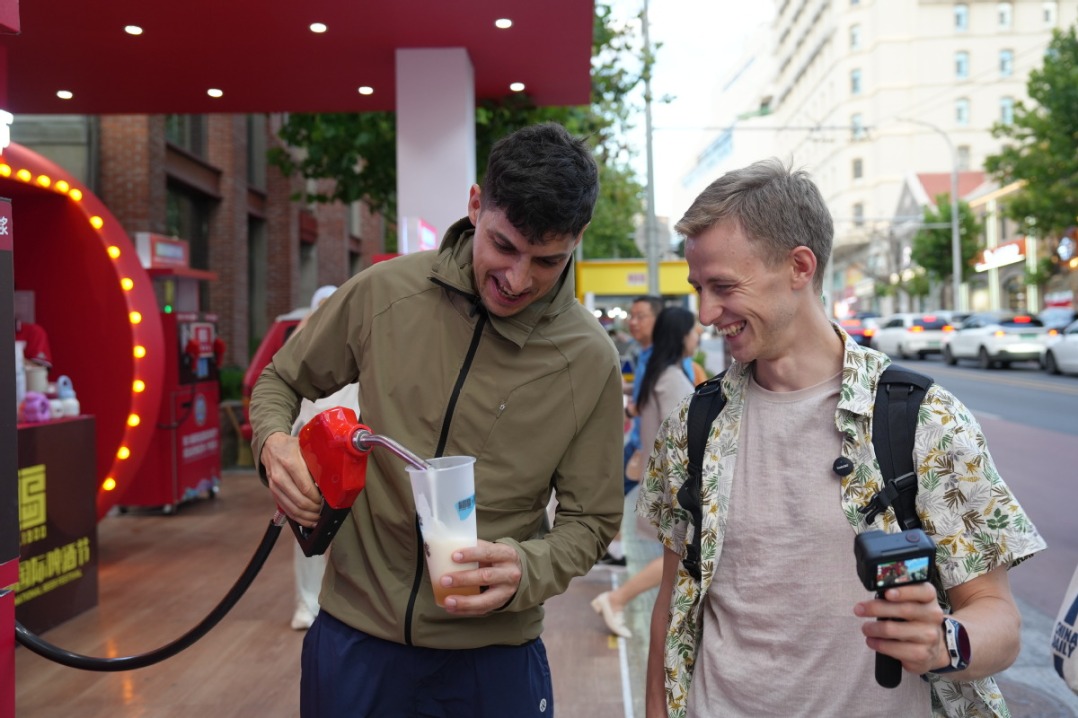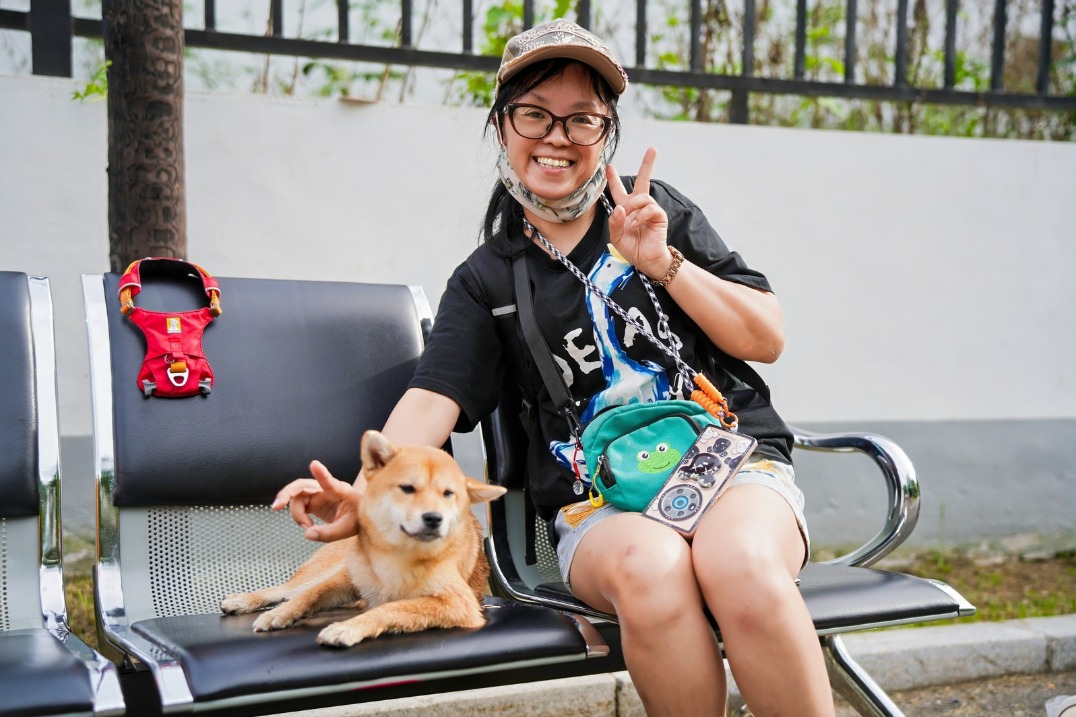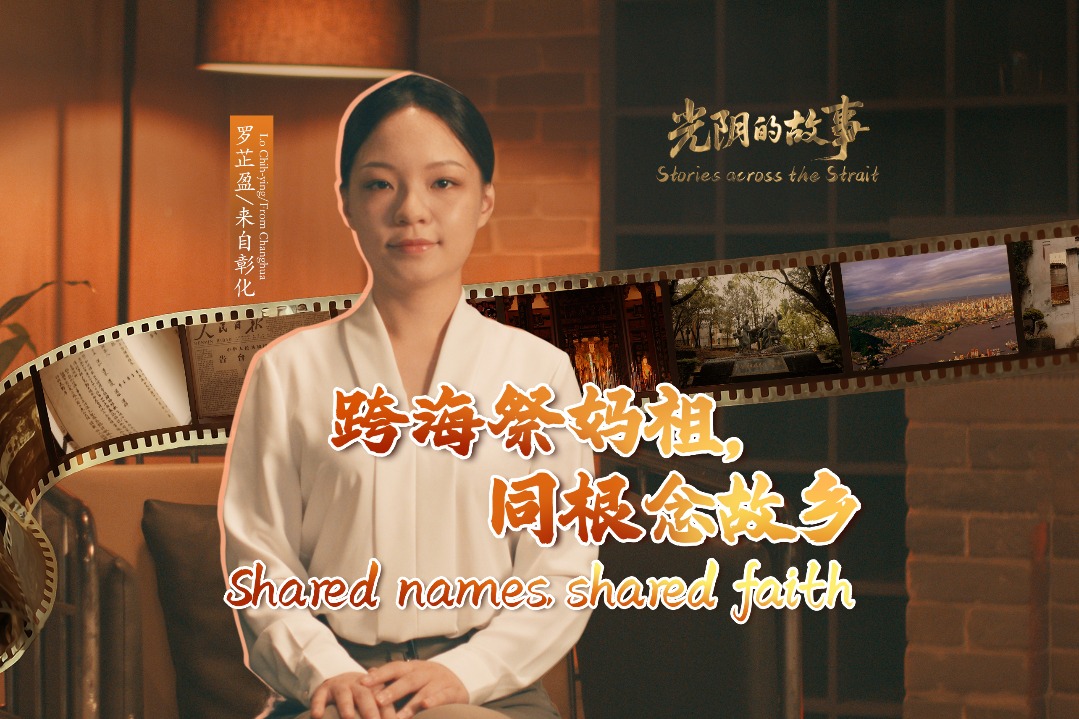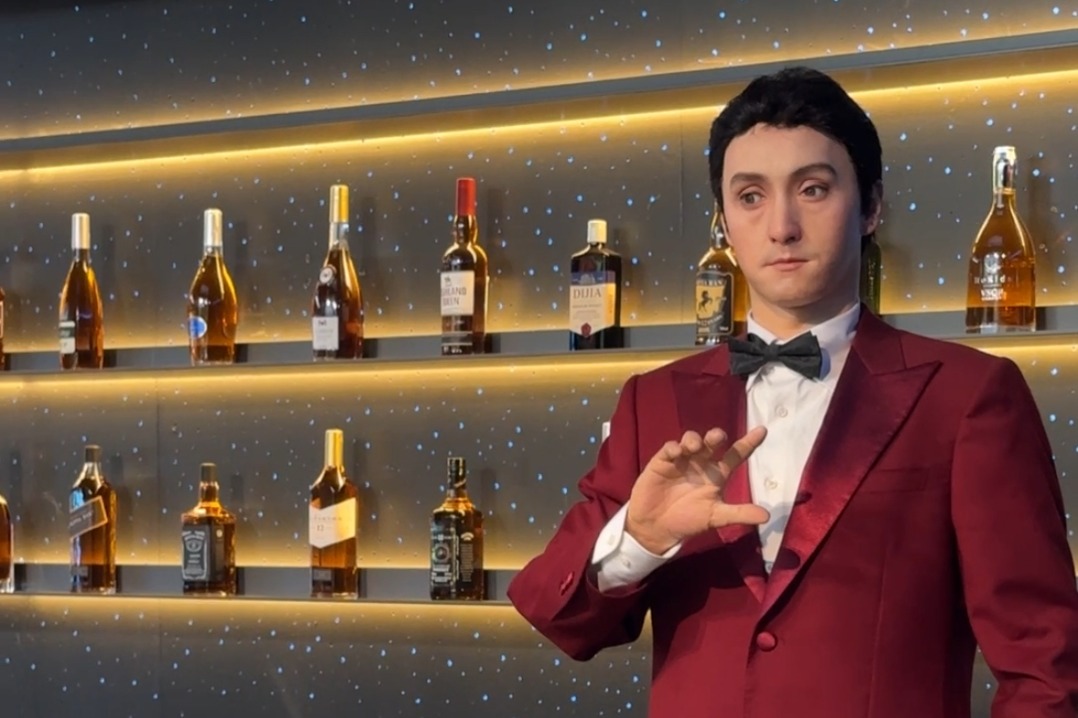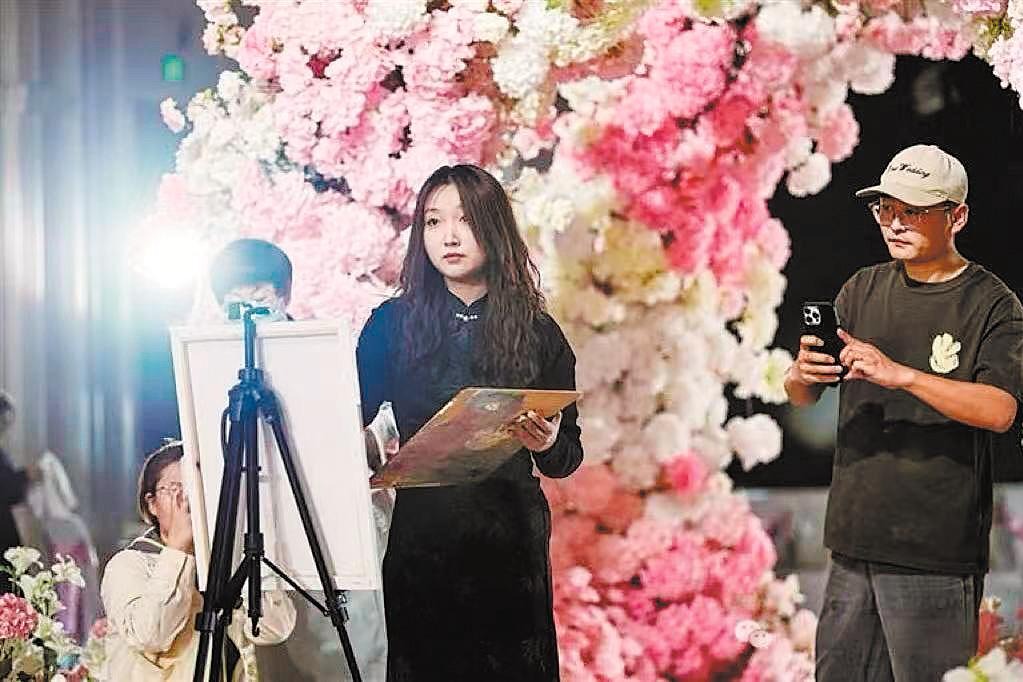I regret isolating myself from the world for so long

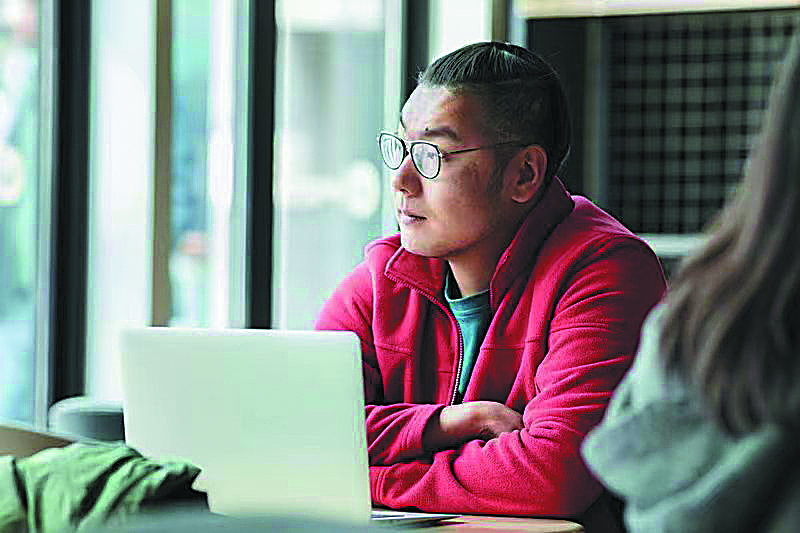
My spinal cord was injured in 2009, when I was 22. Because the path to my home in downtown Beijing's hutong area was too narrow for my wheelchair to pass through, I didn't return afterward.
Instead, I lived at a relative's house with a yard in the suburbs.
I seldom left the yard because I didn't think the local facilities would be accessible to me. Also, I could not accept myself as someone who sat in a wheelchair, and I didn't think I belonged in the world anymore. I just wanted the ground to swallow me up so I could hide away.
I love sports, and I used to do swimming and soccer training at a Beijing sports school. In 2010, I was considering whether to watch the FIFA World Cup, but I finally decided against it because I didn't want to watch people my own age playing soccer while I could do nothing but stay at home.
Things started to change in 2014. I began to receive training at the Hope House for People with Spinal Cord Injury. I learned how to handle daily life without my parents' help, and I rebuilt my confidence after the center arranged for us trainees to go outdoors and learn to seek help from strangers.
When I saw that other people from the center could even play basketball in their wheelchairs, I realized that maybe I could have a wonderful life, too.
So, after about a year of training, I decided to travel to Tokyo and Osaka in Japan by myself. I love traveling. In fact, my major at college was tourism management.
I had a good time traveling in Japan. It has a high level of accessible facilities, so I could go to most places without running into barriers. Even some small shops there have elevators.
I regained more confidence in my abilities, so I traveled to New Zealand-where I tried bungee jumping-and then the United States.
I regretted that I had isolated myself from such a wonderful life for five years. That's why I don't want to see other people in wheelchairs waste their time complaining and feeling sorry for themselves.
I work part time for the Hope House, helping people with disabilities to get out of their homes. I am responsible for evaluating accessible facilities and giving suggestions.
Initially, it took time for me to adapt to life outdoors. I was not able to go to the subway station from my home because the road was divided into pedestrian and bike lanes with big round stones. My wheelchair was too wide to pass through the narrow pedestrian lane. However, I called several government departments and they solved the problem.
When I hear young strangers talking with their friends about going out for dinner or karaoke, I feel a little sad. One time, I saw a girl on the subway who was wearing a T-shirt that had "I can't feel my legs" printed on the back-I thought I should have had one saying "Neither can I".
I can't take a rest by strolling or lying down during work like nondisabled people, so it would be too tiring for me to work long hours.
Still, I love my job. It is meaningful because there are many deficiencies in current accessible facilities, and also there are not enough of them.
In 2018, I got married. My (nondisabled) wife and I were high school classmates. We became a couple after I was injured. It was so many years after graduation that we were more mature and realized we were soul mates.
I didn't want to tie her down, so I told her that she could end the relationship if she met someone else. Instead, she persuaded her parents, who accepted us getting married.
She's pregnant now, so I feel it is necessary to create an environment full of love for my child.
Sun Xiaoyang spoke with Li Hongyang.
- Historical Chinese film about Nanjing Massacre breaks summer box office record
- Top cities signal easing to support property market
- Heroic man dies saving family from drowning in Hainan
- Heavy floods in Gansu province kill 15, 28 missing
- Vlogger's unforgettable toast at Qingdao beer festival
- Guangzhou to host intl trade and invention exhibitions
















